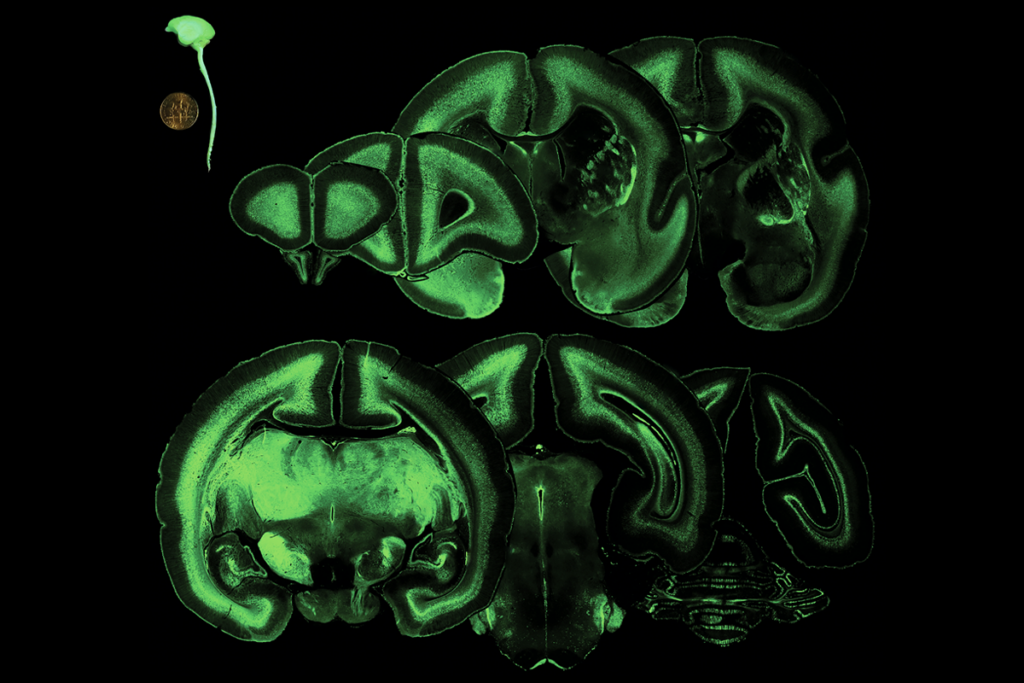Douglas Wallace
Director, Center for Mitochondrial and Epigenomic Medicine
Children's Hospital of Philadelphia
From this contributor
Exploring enigmatic links between mitochondria and autism
Mitochondrial deficits may account for the range of symptoms and neurological deficits seen in autism and explain why it preferentially affects boys, says Douglas Wallace.

Exploring enigmatic links between mitochondria and autism
Explore more from The Transmitter
Neuroscience, BRAIN Initiative gain budget in ‘bad’ NIH funding bill
The bill goes before the House of Representatives today and outlines increases for neuroscience-related research—including a 33 percent increase to the BRAIN Initiative—but maintains a multiyear spending approach that could limit the number of grants awarded overall.

Neuroscience, BRAIN Initiative gain budget in ‘bad’ NIH funding bill
The bill goes before the House of Representatives today and outlines increases for neuroscience-related research—including a 33 percent increase to the BRAIN Initiative—but maintains a multiyear spending approach that could limit the number of grants awarded overall.
Prenatal viral injections prime primate brain for study
The approach makes it possible to deploy tools such as CRISPR and optogenetics across the monkey brain before birth.

Prenatal viral injections prime primate brain for study
The approach makes it possible to deploy tools such as CRISPR and optogenetics across the monkey brain before birth.
A brief history of precision self-scanning
When a researcher solved a logistical problem by going rogue, the idea proved remarkably infectious.

A brief history of precision self-scanning
When a researcher solved a logistical problem by going rogue, the idea proved remarkably infectious.